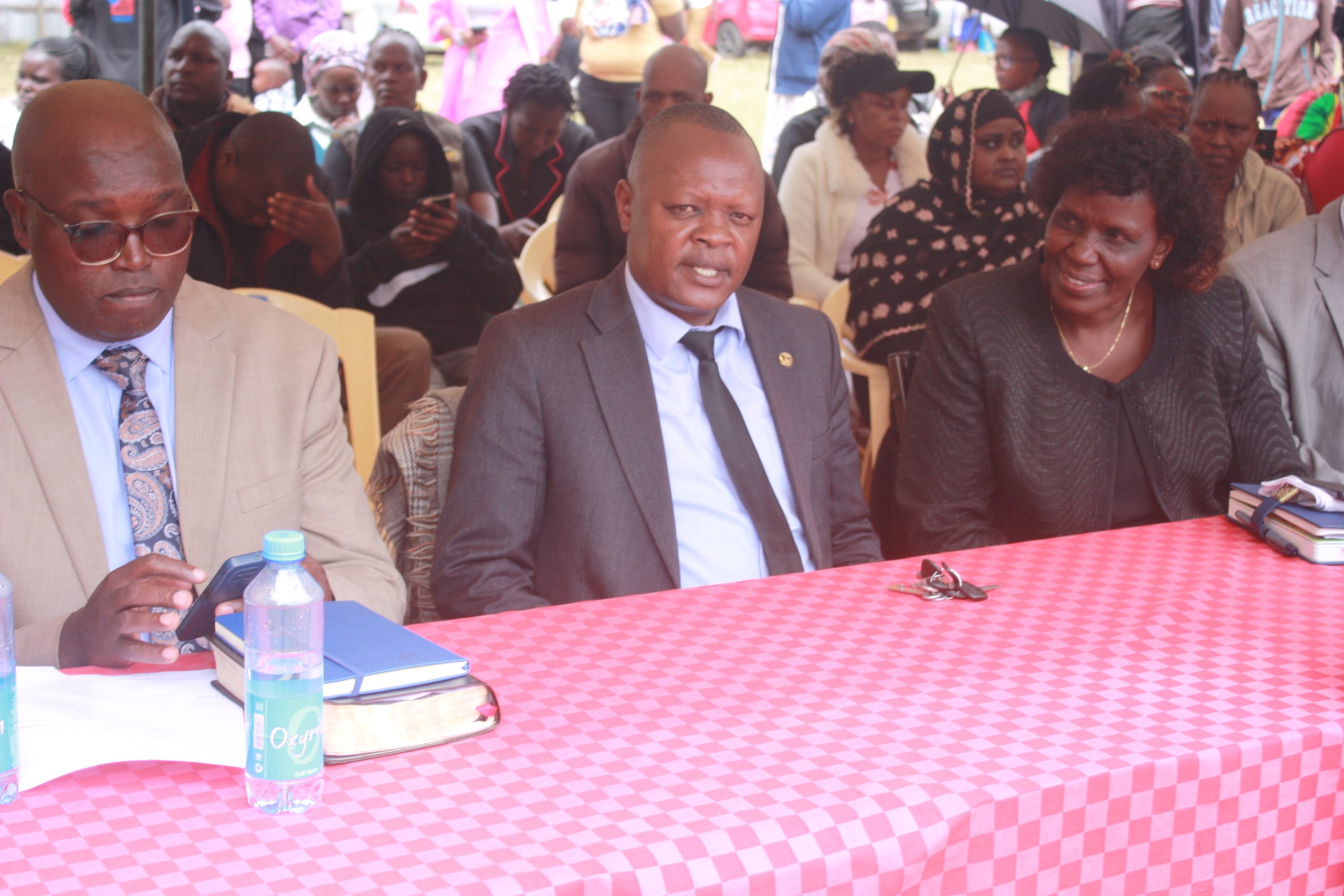The Ministry of Education (MoE) and Semi-Autonomous Government Agencies (SAGAs) under it are headed for radical reforms to suite Kenya’s new education system, the Competency-Based Curriculum (CBC).
This is after the Presidential Working Party on Education Reforms (PWPER) observed that the current offices operating under the State Department do not align with CBC.
According to the report, the directorates in the State Department for Basic Education will be restructured for effective and efficient service delivery.
The State Department is headed by a Principal Secretary (PS) while the Director General (DG) is the technical head. Currently, the DG is deputized by 11 directors at the head office. They are Directorates of Secondary Education, Primary Education, and Early Childhood Development and Education (ECDE).
The taskforce also observed that the current link between the headquarters and the field offices is weak, with decentralization not being provided down to the zonal level.
The reform team also observed that there is duplication of offices such as that of the County Director of Education (CDE) and County Director of Adult and Continuing Education, yet they all belong to the State Department for Basic Education.
Field officers
The taskforce recommended that Section 54 (3) of the Basic Education Act, 2013 be amended by inserting a new sub-section to accommodate the functions of the DG and include quality assurance and standards, plus adult and continuing education as part of its functions.
In the current set up, the DG’s office is established under Section 54 (3) of the Act, but its functions have not been spelt out.
The office holder is appointed through an open and competitive process under the Public Service Commission Act in consultation with the Cabinet Secretary. They report directly to the Principal Secretary (PS).
A Regional Director of Education (RDE) office will also be created.
In the new arrangement, the Sub-County Directors of Education (SCDE) will also be anchored in law.
Moving forward, the State Department for Basic Education will now have offices all the way to the zonal level.
SEPU
The Kenya Institute of Curriculum Development (KICD)’s role of purchasing books for schools has been stopped.
Instead, the School Equipment Production Unit (SEPU) will be restructured to School Learning and Instruction Materials Centre (SLIMC) to expand its mandate to include the procurement and distribution of learning and instruction materials.
SLIMC shall be a semi-autonomous government agency (SAGA) within the State Department of Basic Education, with other membership drawn from KICD, Kenya National Examination Council (KNEC), Kenya Teacher Training College, National Treasury, and Private Schools Association.
SEPU is currently established as a government agency under the MoE with a sole mandate of designing, manufacturing, supplying, and distributing science materials and apparatus to educational institutions.
The taskforce notes that the body is faced with inadequate revenue allocation and a lack of modern machines in the production unit, thus hampering the provision of efficient and quality services.
KISE
The team also suggested that where applicable, the provisions of the Special Needs Education (SNE) Bill 2021 be incorporated in the Basic Education Act, and part VI on SNE in the Basic Education Act be amended to provide for the establishment of Kenya Institute of Special Education (KISE) to train SNE teachers.
To further expand its mandate to include management of Education Assessment and Resource Centres (EARCs) and provision of specialised learning resources, Kenya Institute for the Blind (KIB) will be established as a campus of KISE.
KIB was registered as a National Braille Resource Centre for the Blind Persons by the MoE in February 2004. The institute runs a National Braille Library, the only one of its kind in the country offering services to primary, secondary and tertiary institutions and the general public.
KNEC
Kenya National Examinations Council (KNEC) will be renamed Kenya National Assessment Council (KNAC) through KNEC Act amendment.
This was necessitated by the new assessment model in the CBC dispensation.
The Council chairperson and members’ term have now been reduced from four years to three years and be eligible for re-appointment for one further term.
This is because Mwongozo, the Code of Governance for State Corporations, stipulates that the tenure of a Board member should not exceed a cumulative term of six years or two terms of three years each.
The Council will conduct assessments for basic education and teacher education only to avoid duplication of roles.
It currently conducts technical and other national examinations within Kenya at basic and tertiary levels, yet another body known as TVET-CDACC exists to assess the latter.
Its National Examination Appeals Tribunal has been scrapped since it has only handled one case from inception. Appeals will now go to the Education Appeals Tribunal.
Further, the team recommended that the capacity of KNAC should be built to enable it print national assessments in Kenya.
KICD
KICD will focus only on curriculum development for basic and teacher education. For technical and vocational education and training, the TVET CDACC will handle it to avoid duplication.
Also, the CEO of the Kenya Teacher Training College or their representative, and the CEO of KISE or their representative, will now be included in the membership of the KICD governing council, while the Director will be renamed CEO.
Adult education and SNE
KICD will review the Adult and Continuing Education (ACE) and Adult Teacher Education curricula to be in harmony with CBC, and provide accelerated curricula with equivalences and linkages to formal education.
Despite ACE being an important programme that raises the country’s literacy level, it was noted that it is hampered by a lack of updated data, infrastructure, human and physical resources, and inadequate instructors.
On Special Needs Education (SNE), the taskforce recommended that the MoE reviews its policies and guidelines with a view to establishing strategies for centralized production, repair, maintenance and distribution of specialized learning resources, assistive devices and adapted technologies.
It also recommended the enhancement of accelerated education programmes for marginalized learners and learners in APBET institutions.
For equitable access and inclusion in education for the SNE, marginalized and ACE, the proposals also included well-structured, demand-driven and coordinated strategies to promote foundational skills, self-efficacy, and positive values and behaviour.
By Roy Hezron
Get more stories from our website: Education News
To write to us or offer feedback, you can reach us through: editor@educationnews.
You can also follow our social media pages on Twitter: Education News KE and Facebook: Education News Newspaper For timely updates.






